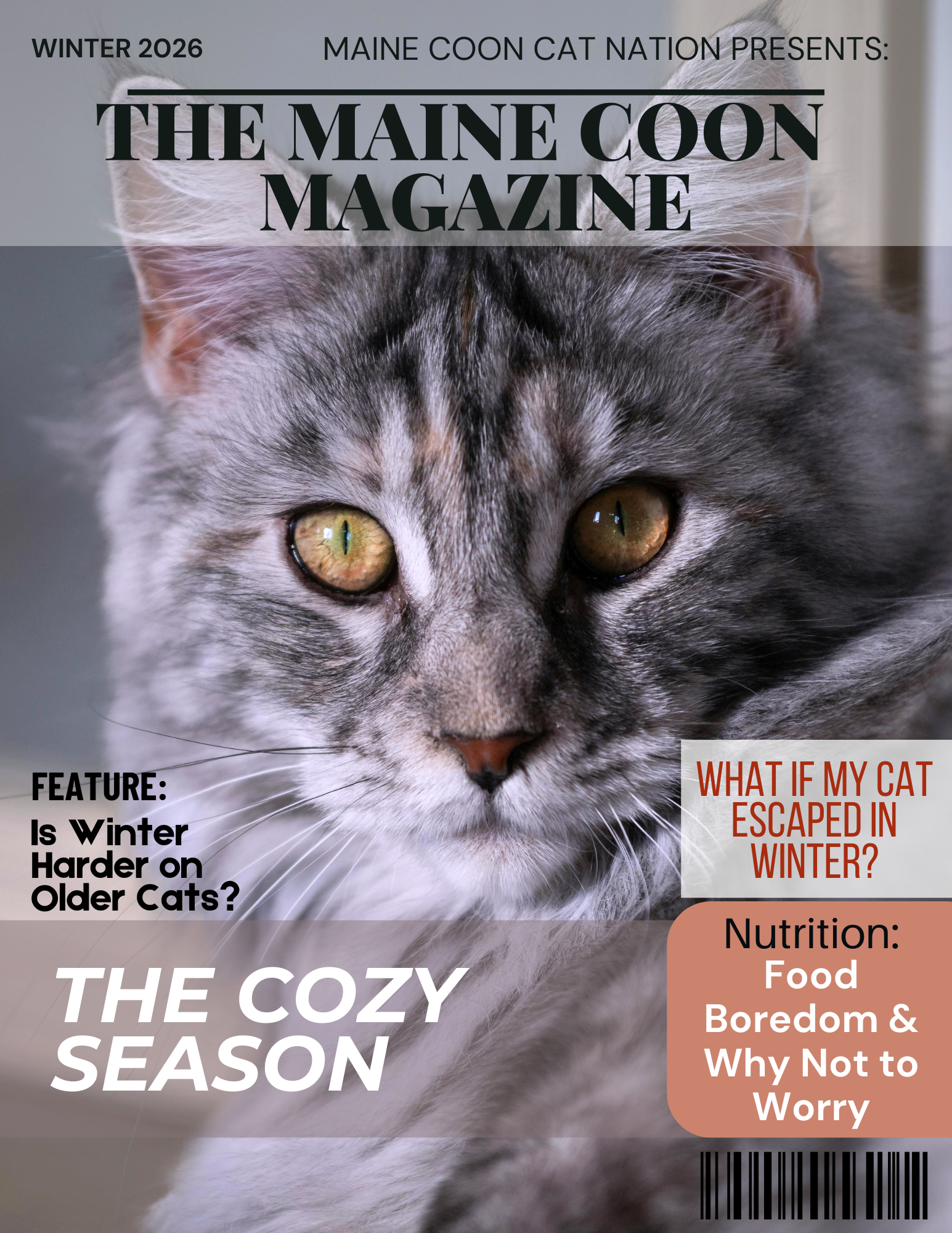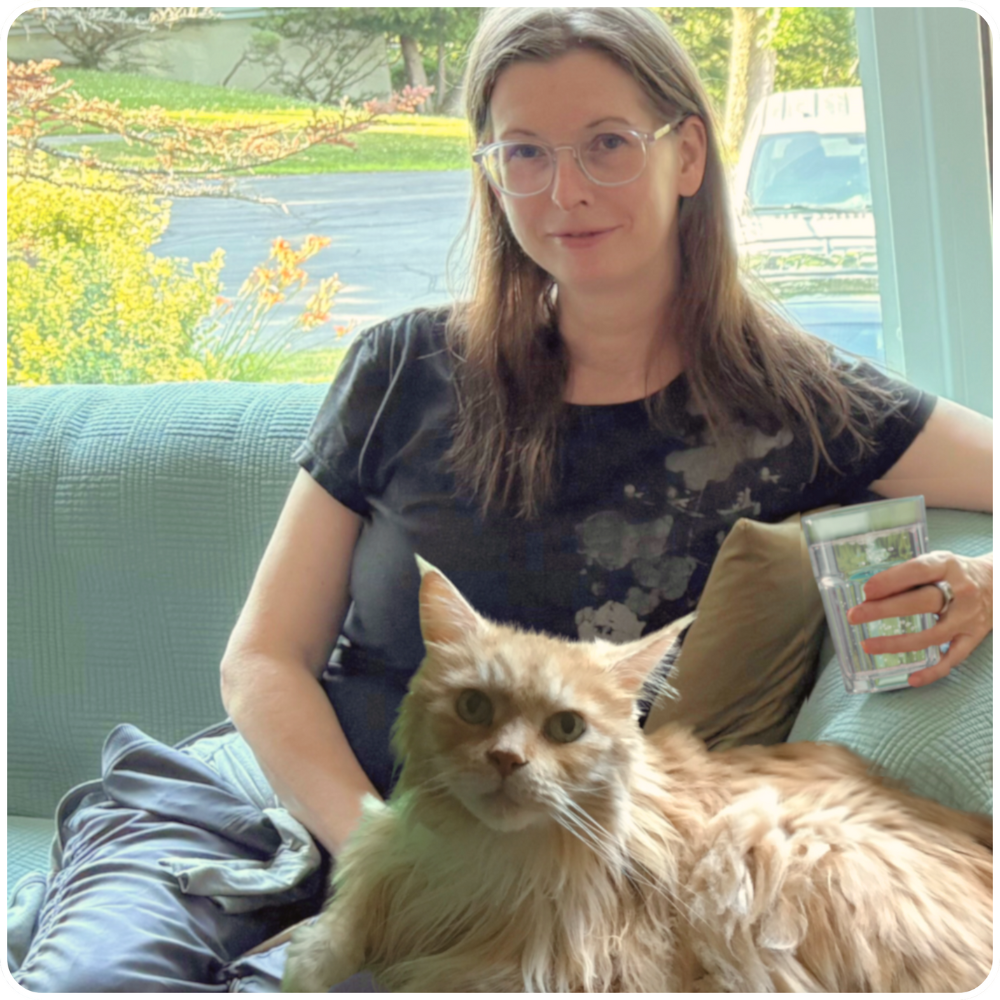- Home
- Maine Coon Food
- Cats and Taurine
Why Do Cats Need Taurine?
Here’s What You Should Know
Do cats need taurine? Absolutely! It’s especially important for kittens during growth spurts.
This amino acid plays a key role in heart health, eyesight, and digestion, and it’s one of the reasons feline diets are so different from canine ones.
If you like this, you'll love our fun, free Daily Digest!

If you're feeding a young Maine Coon and considering homemade or raw options, there are a few things you'll want to know before skipping the supplement.
Reader Question (from Rabab):
"Hi, I have a 4 month old Maine Coon and I am struggling with what to feed her for her health. I checked for some raw recipes but all of them require taurine. I cant find taurine for cats in my country so what should I do?"
This kind of question comes up a lot, especially from owners who are trying to give their kittens the very best start with homemade or raw food.
It's easy to feel stuck when every recipe calls for something you can’t find - and even harder when you’re trying to make the right call without risking your kitty’s health. Let’s break it down together.
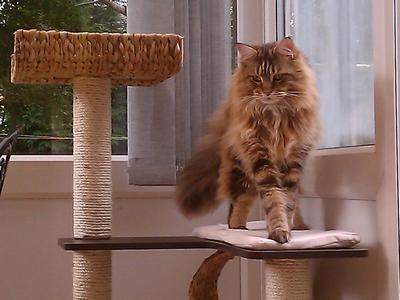 Minnie, from our 2012 Albums
Minnie, from our 2012 AlbumsWhat Is Taurine and Why Do Cats Need It?
Taurine is an amino acid that helps with everything from maintaining a healthy heart to supporting clear vision and good digestion.
While many animals can make it on their own, felines can't; they have to get it through food.
This isn't just a small detail. Without enough, they can develop serious health issues over time, including heart conditions like dilated cardiomyopathy and even retinal degeneration.
It's one of those behind-the-scenes nutrients that quietly supports a whole lot of what keeps them strong and thriving.
As we mention on our page about key vitamins and minerals, taurine is especially important for large, energetic breeds during every life stage:
"Taurine is a must for all cats, but especially for Maine Coons. Without enough, they can develop heart problems (like dilated cardiomyopathy) and vision issues…"
Even if you're feeding high-quality food or raw ingredients, it's worth checking that taurine is part of the equation.
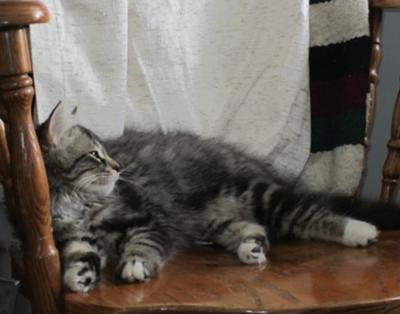 Baby Ivan
Baby IvanIs Taurine Even More Important for Maine Coons?
In a word, yes. Because of their size and slower development, Maine Coons go through a longer kittenhood than most breeds.
That means their bodies are building muscle, bone, and organ strength for an extended stretch. They need plenty of nutritional support to get through it.
One area that deserves special attention is heart health.
Maine Coons are one of the breeds more prone to conditions like hypertrophic or dilated cardiomyopathy, and taurine plays a protective role in how the heart functions.
It’s not a magic fix, but it's a key piece of the puzzle. We talked more about this in Brenda’s new kitten Q&A:
"Taurine is also important for heart health, which is essential for large breeds like Maine Coons."
So while this amino acid is important for all felines, it’s worth being extra mindful of it when you’re caring for a kitten with big paws to grow into.
How Do Cats Get Taurine?
In most commercial foods, taurine is added during processing. You’ll usually see it listed right on the label, and the amounts are balanced to meet nutritional standards.
This makes store-bought food the easiest and safest way to ensure your kitty gets what she needs, especially during those critical early months.
If you’re feeding raw or want to offer more natural sources, one of the best options is heart meat.
Chicken hearts and beef hearts are naturally rich in taurine and can be gently cooked or served raw as part of a balanced recipe.
It's one of the building blocks for healthy felines found in organ meat, which we go into in our kitten food article:
"The heart muscle is a great source of taurine, an essential amino acid…"
Goat’s milk is another nutrient-dense option that comes up often with young kittens. It’s easier to digest than cow's milk and happens to contain higher taurine levels than many people realize.
From our page on tummy troubles and diarrhea in kittens: "Goat’s milk contains higher levels of taurine (important for kittens) and is rich in vitamins and minerals."
Some owners also like to mix in wet food, which naturally contains more animal tissue than dry kibble. While it’s not required, adding variety can help round things out if you’re not supplementing directly.
 Sushi, from our 2015 Albums
Sushi, from our 2015 AlbumsWhy Raw or Homemade Diets Need Extra Taurine
Raw feeding can be a wonderful option, but it's also a bit of a science project.
If a recipe isn't properly balanced, taurine is often one of the first things to fall short.
That's because even when the right ingredients are used, taurine can degrade during freezing, grinding, and cooking.
It's not enough to assume that raw meat automatically covers all the bases. Without supplementation or careful planning, it's easy to miss critical nutrients, especially this one.
One of our readers, Heather, put it well in a comment on our raw feeding page: "Taurine is a big deal for cats and not so for dogs. When you look at store bought cat food, you will often see info on taurine."
For owners who are struggling to source taurine powder, it can be frustrating. You're doing the work, choosing quality ingredients, and still feel unsure. That's completely valid.
Just remember that feline nutrition isn't guesswork - and if getting supplements isn't an option, it's worth exploring other ways to meet their needs.
Also worth noting, from our "Not Eating" Q&A page: "Cats need taurine, an amino acid not found in high enough levels in dog food."
That's why feeding your kitty dog food, even temporarily, isn't a safe workaround.
What to Do If You Can't Find Taurine Supplements
If taurine powder or premade blends aren't available where you live, there are still safe ways to support your kitten’s health.
1. Use Heart Meat
Chicken hearts and beef hearts are naturally rich in taurine and can be added to homemade meals. They're often sold frozen at butcher shops or international grocery stores.
2. Try Freeze-Dried Complete Meals
These are pre-formulated to meet nutritional standards and often include taurine. They're shelf-stable and easy to mix into raw or lightly cooked meals when needed.
3. Rotate in High-Quality Wet Food
Even just a small portion each day can help cover any gaps. Look for formulas labeled "complete and balanced." Those will already have taurine included.
4. Don’t Rule Out Commercial Food
It may not be your long-term goal, but there’s no shame in using balanced kibble or wet food while you troubleshoot.
It’s better to be sure your kitten’s getting everything she needs than to push ahead with an incomplete diet.
Rabab, you're asking all the right questions. If taurine powder isn't available where you are, heart meat (like chicken or beef heart) is a great natural source.
You could also try freeze-dried meals that are already balanced, or rotate in a little high-quality wet food to help cover any gaps.
And if needed, commercial food is a perfectly safe fallback while you figure things out.
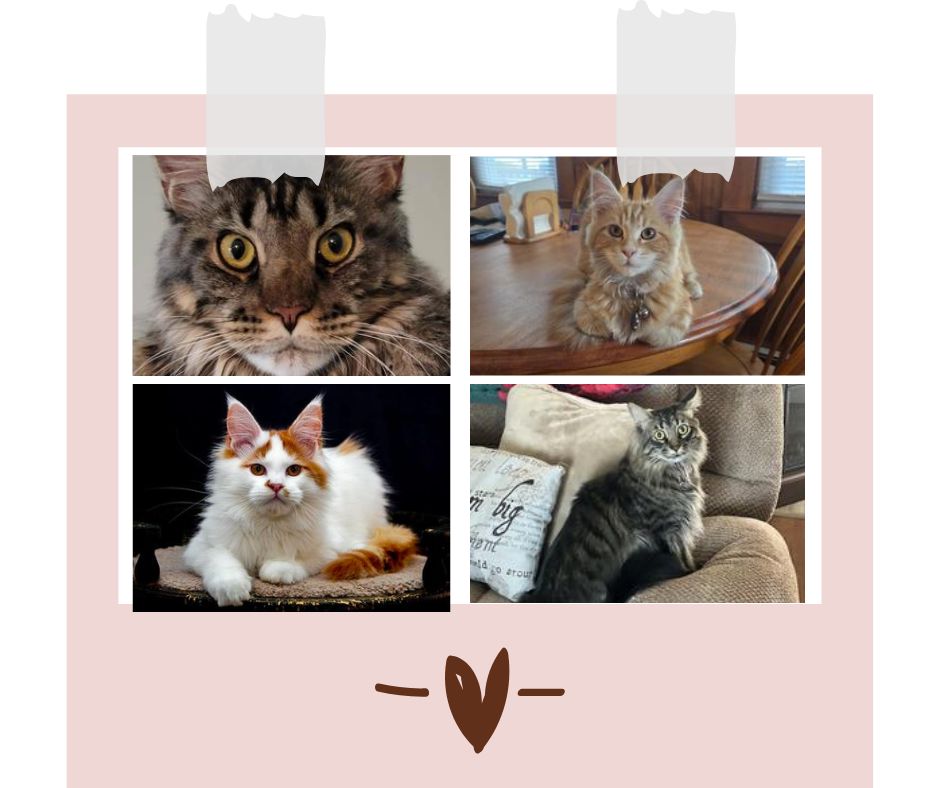
Should You Add a Multivitamin?
If you're only trying to add taurine, a multivitamin might not be the best choice. Many don't contain enough, and some don't include it at all. They're meant to support general nutrition, not fix a specific gap.
For homemade or raw diets, it's better to add taurine directly or rely on food-based sources like heart meat.
A full supplement might be helpful in some cases, but it's not the go-to solution for this particular need.
FAQs (Frequently Asked Questions):
Disclosure: this site is reader-supported. When you buy through links on our site, we may earn a small commission, at no extra cost to you.
Why do cats need taurine in the first place?
Why do cats need taurine in the first place?
It supports heart function, eyesight, and digestion. Unlike many animals, felines can’t make it themselves and need to get it through food.
Can a multivitamin fill the gap if I’m feeding homemade food?
Can a multivitamin fill the gap if I’m feeding homemade food?
It might, as long as it includes enough of the right nutrients.
Some feline-specific formulas do contain added taurine - like this one by Life Extension, which includes 150 mg per serving - but not all multis are designed with that in mind.
Be sure to check the label, especially if you’re relying on it to support a raw or home-cooked diet.
What are some natural ways to include it in a raw or homemade diet?
What are some natural ways to include it in a raw or homemade diet?
Heart meat is one of the best sources. You can also use freeze-dried complete meals or mix in high-quality wet food to help round things out.
How much of this taurine does a cat actually need?
How much of this taurine does a cat actually need?
For most healthy cats, the amount found in high-quality commercial food is enough.
AAFCO guidelines suggest at least 25 mg per 100 kcal for dry food and 50 mg per 100 kcal for canned.
If you’re feeding a homemade or raw diet - especially for a large, slow-growing breed like a Maine Coon - it’s worth checking your recipe or supplement to make sure those needs are being met.
When in doubt, ask your vet or a feline nutritionist to help fine-tune things.
Focus on Balance, Not Buzzwords
It's easy to get caught up in labels and trends, especially when it comes to raw feeding or grain-free diets.
But what matters most is making sure your kitty gets the right nutrition for her age, size, and lifestyle - not whether the food checks every trendy box.
Taurine is important, but it's just one part of the bigger picture. If you can't find supplements or aren't ready to commit to a full raw routine, that's okay. Feeding well doesn't have to be perfect to be healthy.
If you're unsure what’s best, take your time, explore your options, and peek around the site - we’ve got plenty of Q&As and feeding tips to help you make the best choice for your situation.
Weight and nutrition go hand in hand. Learn how a balanced diet supports healthy Maine Coon weight and what else contributes to their large, muscular build.
Even More Feeding Articles:
Top of: Do Cats Need Taurine
« Back to Maine Coon Food
